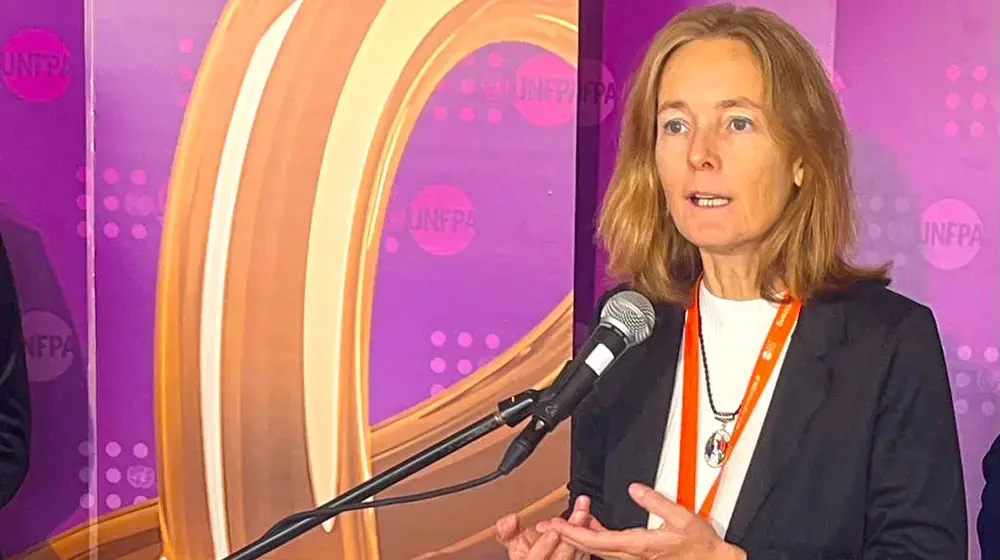

ISTANBUL, 15 November 2022 – Today’s milestone of a still-growing world population reaching 8 billion must not distract from the consequences that countries with shrinking population numbers could…
read more
SARAJEVO, 14 November 2022 – Mayors and young people from 47 cities across Eastern Europe and Central Asia have gathered in Sarajevo to discuss ways to build youth-friendly cities in a region marked…
read more
As more and more countries struggle with the consequences of low fertility rates and population ageing, governments must strengthen resilience towards demographic change by adjusting social systems…
read more
Later this month, the world’s population is projected to reach 8 billion -- another milestone in the rapid growth of the number of people on this planet. But as the world is preparing to hit this…
read moreSummary of UNFPA Eastern Europe and Central Asia's “Inclusive Family Policies for a Better Future” conference which took place in Istanbul on 22 September 2022. The event brought together…
watch video